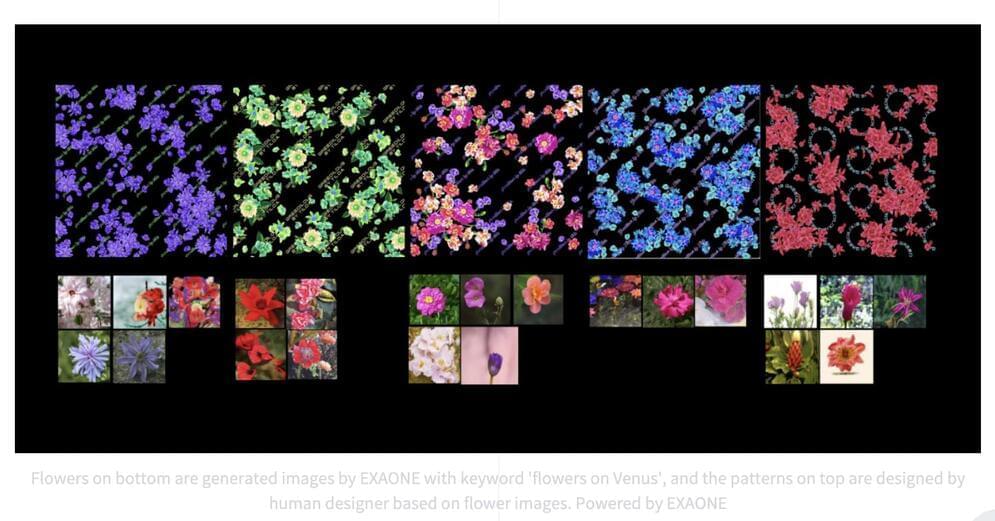Numerous activities, including construction and demolition, mining and industrial activities, cooking and gardening, and others, generate a substantial amount of garbage. The amount of waste generated is directly proportional to consumption and production patterns.
In most cases, waste formation is the result of inefficient material utilization. Trends in the number, composition and impacts of these materials provide insight into the nation’s efficiency in using (and reusing) materials and resources. It also provides a better understanding of the effects of waste on human health and the environment.
According to surveys, 92 million tonnes of cloth are dumped as garbage each year worldwide. Estimates predict that this figure will likely exceed 130 million tonnes by 2030. When 200 tonnes of water used to make a single tonne of fabric is considered, it becomes clear that the end-to-end processes of the garment industry are severe threats to environmental initiatives.









Comments are closed.